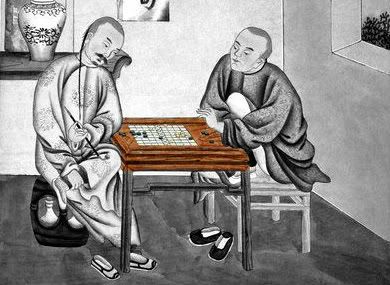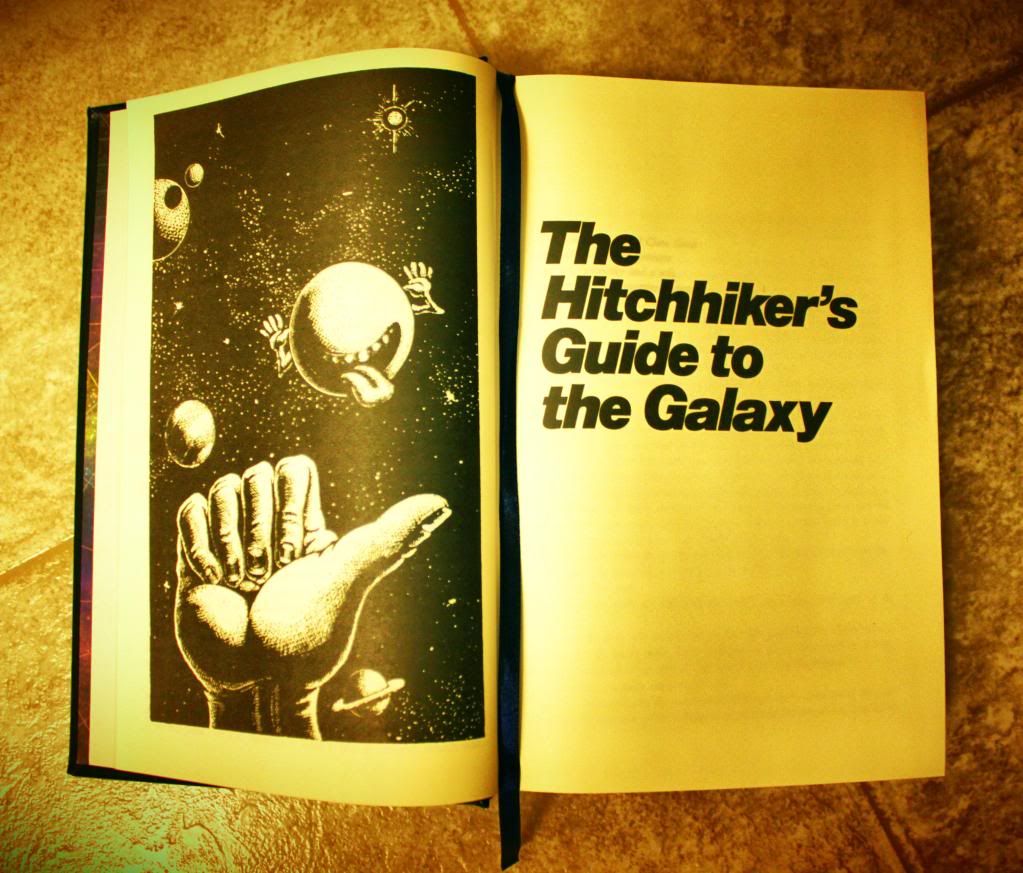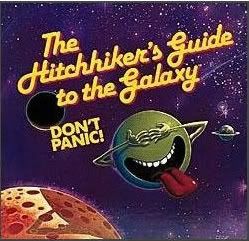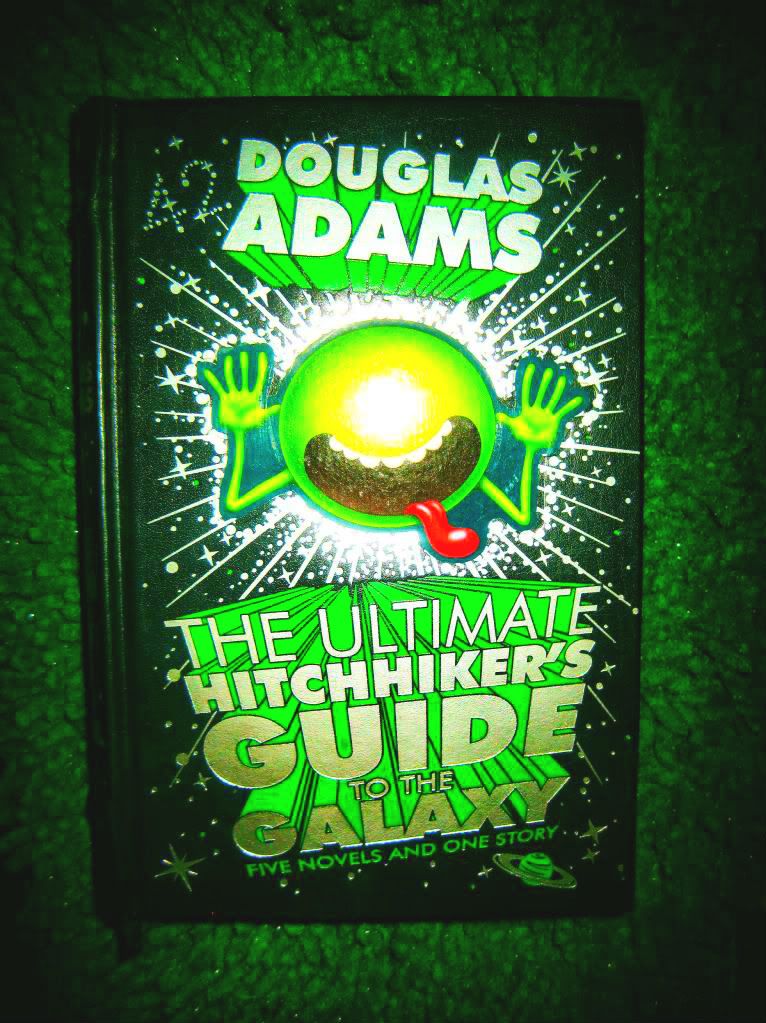After I started looking into literary theory, I noticed how much more complicated story telling had become just by learning a bit. Now when I look to construct a scene it takes a whole new dimension.
No longer do I care just what is said, but how it’s said. Or maybe nothing should be said at all? Ah, it never ends. Thus, if I hadn’t read The Art of Fiction by Ayn Rand, I wouldn’t even know all of this mattered.
So, expanding your own perspective about story telling and learning what makes a good story is the key to understanding the way others think. And that is how to find what people like or dislike and why. This is very important when writing to a specific audience.
Simply understanding the way others think will allow you to write tailored to what is familiar and that which will draw interest. But, if you want to write something great, you must do it in a way a great writer would appreciate.
That is why studying literary theory and classics is the first step to great writing. You must captivate not only the readers, but the dreamers, critics, and the scholars.
This book is a great tool and one that can be read once and referred back to when the whole idea becomes fuzzy again. It is a great book for all the various levels of writers.
 Sofa Cushions
Sofa Cushions






